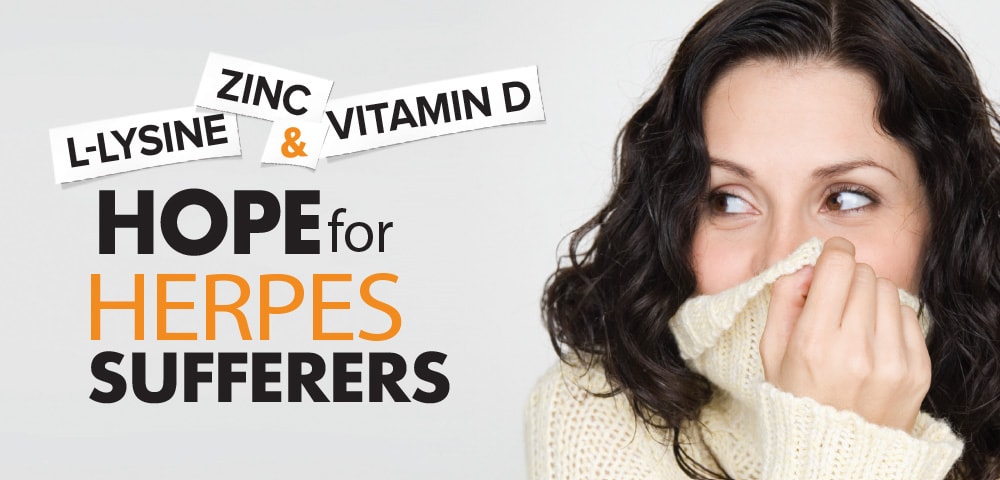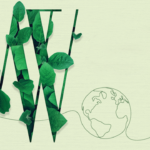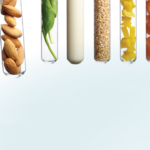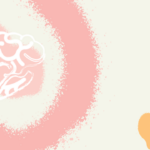
Herpes viruses are widespread. At least half of all adults have cold sores, and most people have had one form or another of this virus. Herpes simplex 1 (HSV-1) causes oral herpes, commonly called "cold sores," and HSV-1 and HSV-2 are the sources of genital herpes. Varicella zoster, another member of the herpes family, is directly linked to chickenpox in children and can cause shingles later in life.
Most people get HSV-1 as an infant or child, and it is common for a parent or loved one to “lovingly share” the virus with a simple kiss. Herpes simplex viruses can spread skin to skin by salivary contact with someone who already carries it. Symptoms are very similar for both HSV-1 and HSV-2. There may be an early stage fever, irritability, swollen lymph nodes, or muscle pain, and outbreaks can also be preceded by itching, tingling, burning, and blisters, and if left untreated, the lesions may take up to three weeks to heal.
When it comes to shingles, this little virus can be very nasty and extremely painful. Anyone who has experienced this virus would agree. The most common areas affected are the trunk, face, and scalp and can be dangerous if located on the face. If you suspect a shingles outbreak, seek medical attention as this virus can be severe, and most cases need to be treated with antiviral and pain medications. The shingles vaccine is also available.
In all cases, once the initial herpes infection is over, the virus retreats to the sensory nerve cells where it remains dormant until certain circumstances cause the virus to wake up and reignite an infection. Several factors can contribute to reactivation, such as emotional or environmental stress, fever, trauma, sun exposure, food, and food allergy – things that attack the immune system. Short-term treatment with antiviral medications such as acyclovir (Zovirax) can speed up the healing and reduce pain. Still, they can also cause a wide array of side effects, and herpes simplex might develop resistance to these commonly used antiviral agents. There is evidence that some dietary changes and natural supplements can help keep the herpes simplex virus quiet and prevent recurrences.
Prevention and natural supplement support
Diet and lifestyle modifications
Exposure to ultraviolet rays from the sun has a profound effect on the skin’s immune system; therefore, it is essential to protect the skin and prevent outbreaks. If you are prone to cold sores, wearing sunblock around the lips can be helpful.
Allergenic foods put additional strain on the immune system, so avoiding these foods can prevent outbreaks.
When it comes to not infecting other people, do not share lip balm, lipstick, or eating utensils, and avoid skin-to-skin contact during an active outbreak.
Elimination of refined carbohydrates and sugars has been useful to reduce the incidence of recurrence. Sugar weakens the immune system.
Topical treatment for cold sores
Lemon balm (Melissa officinalis) essential oil has antiviral effects on HSV-1 and -2. Studies found that lesion formation was significantly reduced, and in some cases, viral infectivity stopped almost entirely. Lemon balm is fat soluble, which enables it to penetrate the skin, and is an effective topical treatment for herpetic infections.
Peppermint oil has stopped several viruses, including herpes in preliminary studies, from reproducing.
Manuka honey, as shown in a study in the British Medical Journal, may be as effective as antiviral creams; lesions cleared in eight days with antiviral cream and nine days with honey.
Supplement support for herpes
L-lysine supplementation has been shown to reduce the number and frequency of lesions in cold sore outbreaks. Some sources recommend that people with a history of herpes infections take 1000–3000 mg of lysine supplements per day.
Cayenne pepper extract (capsicum) has been found to have antiviral activity and be effective against both HSV-1 and HSV-2. Capsicum lip balm may also be helpful.
Curcumin effectively reduced the number of lesions and size of cold sores and the study showed that curcumin slows, but does not totally block, HSV-1 replication.
Vitamin D at higher levels is associated with increased immunity to herpes simplex virus (HSV) and may lower the chances of an outbreak of herpes or shingles. Vitamin D is fat soluble and it is best taken with a high-fat meal to increase absorption.
Zinc can prevent HSV entry into cells and reduce duration and severity of herpes outbreaks.
As you can see, there is plenty of research to show that natural supplement support can help keep these annoying viruses subdued and/or asleep.












